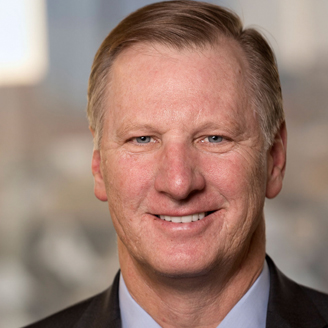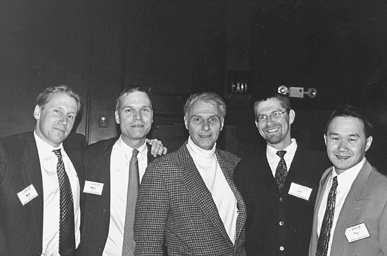


“Payment security is going to change more in the next five years than it has in the past 50.” If Apple Pay does take off, then it is happening gradually before it’s here all of a sudden.Piper Jaffray Companies (NYSE: PJC) is a leading investment bank and institutional securities firm driven to help clients Realize the Power of Partnership®. is in the midst of an innovation in payments,” Carolyn Balfany, senior vice president at MasterCard, tells TIME. But financial institutions believe the way we pay for things is changing quickly, even if we don’t quite notice it yet. It’s too early to know how many people have used it or how much money Apple has made from it. Two days into Apple Pay, there aren’t yet any data on the program’s success. That would let businesses like Walmart target customers with products in the same way that Google or Facebook target their ads.

“Apple Pay is going to consolidate power among the same players even more.” CurrentC, on the other hand, could allow retailers to collect customer-specific data.

“Retailers don’t like the fees they pay,” says Kandaswamy. It could eventually lead to retailers adopting more self-checkout lines for merchants, that means paying fewer cashiers and lower overhead.īut Apple Pay also reinforces a system that retailers never really liked: they have to continue to pay a fee for every credit and debit card transaction. If customers spend money more easily, retailers make money more easily.Īpple Pay is also a good way to move customers through lines more quickly. Walgreens, Macy’s, McDonald’s and other merchants that began using Apple Pay on Monday get the same bonus that they have always gotten from debit cards and credit cards: new customers who can spend money faster. The threat of CurrentC makes Apple Pay look more like a rickety lifeboat for the credit card companies than the super-fast motorboat Apple has promised. “If a technology comes along that’s focused on getting you to not use Visa, then that’s a competitor to us,” says Dill. While Apple Pay leaves the traditional credit card system intact by simply moving it to your phone, analysts speculate that the CurrentC program will link payments through a network connected directly to your savings account. CurrentC is a payment system mega retailers like Walmart and Best Buy are working on that could cut out credit card companies altogether. “If we didn’t encourage innovation” like Apple Pay, “then we would be the worst enemy to our own growth,” Dill says.īut there’s another reason credit card companies are enthusiastic about Apple Pay: the alternative, CurrentC, could be pretty scary. Dill, the Visa SVP, calls Apple Pay an “on-ramp” to Visa’s network and a growth-fueler. They stand to make money off Apple Pay for the same reason the banks will: the program pushes customers to their global credit business. Visa, MasterCard and American Express have loudly trumpeted Apple Pay’s rollout. “Banks are going to make less money on the transaction than if it were made on a regular card swipe” because of Apple’s fee, says Michelle Evans, an analyst at Euromonitor, “but they can make more money in the end if they can drive volume over the card network and reduce fraud.”Ĭredit Card Companies. Online shopping will be faster, too, as customers won’t have to input their billing information every time they make a purchase.įinally, because Apple Pay uses a difficult-to-hack system that encrypts all financial transactions, banks will experience less cybercrime breaches for which they’re held financially liable. But in the long run, banks expect Apple Pay will push people away from using cash and toward transactions that run over their networks. The six big banks who have signed up for Apple Pay aren’t enthusiastic about that. Consumers won’t have to pay for Apple’s 0.15% fee on Apple Pay transactions banks will. But “the largest issue is it’s harder to switch away if you’re an iPhone user.”īanks. “Just getting part of the transaction itself will be big” for Apple, says Rajesh Kandaswamy, researcher at Gartner.


 0 kommentar(er)
0 kommentar(er)
